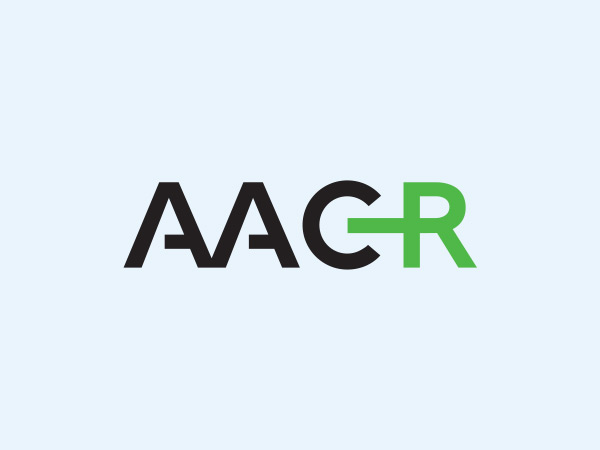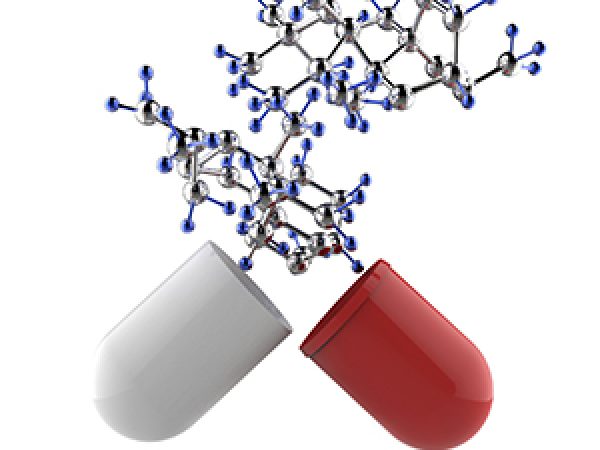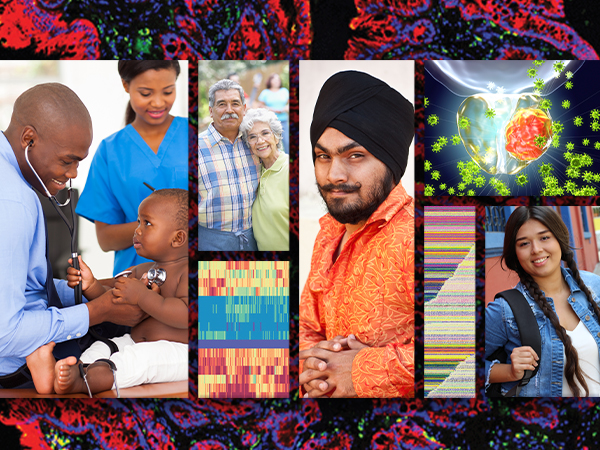Today is World Cancer Research Day
Around the world, progress against cancer can be measured in different ways.
Progress may be reflected in the life of a grandparent in America, enjoying family activities while an immunotherapeutic drug keeps his colon cancer well controlled.
It may be seen in a teenager in Brazil, receiving a vaccination against the human papillomavirus (HPV) in the hope of preventing cervical cancer.
It may be observed in a breast cancer patient in Africa, surviving her disease thanks to a drug tailored to her particular subtype.
Advances like these have been achieved thanks to cancer research. Today is World Cancer Research Day, an initiative aimed at raising awareness about the vital role of research in improving cancer treatments and reducing the global burden of this devastating collection of diseases.
The American Association for Cancer Research (AACR) is proud to support World Cancer Research Day. On Wednesday, AACR President David A. Tuveson, MD, PhD, FAACR, joined a panel of international experts who discussed progress against cancer, challenges facing the cancer research community, and opportunities for collaboration between nations.
This year’s theme—Cancer Research Works: Driving Progress Together—reflects the vitally important role that researchers around the world play in improving public health, speakers said.
“Research is driving the clinical breakthroughs leading to advances across the pillars of cancer treatment,” said Tuveson, citing immunotherapy and targeted therapy as two of the most pivotal developments.
Introduced by the Queen of Spain and moderated by Julie R. Gralow, MD, president of the American Society for Clinical Oncology, the panel provided a forum for leaders of several international cancer organizations to discuss challenges and opportunities in cancer research, both in their home countries and on a global scale.
Anil D’Cruz, MD, president of the Union for International Cancer Control, said World Cancer Research Day presents an opportunity to consider how global health care organizations should collaborate to ensure that research advances made in one corner of the world can ultimately benefit patients everywhere.
“Even in the past two decades, research has helped advance our knowledge of what causes cancer, how to treat it, and how to improve the lifespan of our patients, along with improved quality of life,” he said. “We need to ensure that cancer control remains a priority on the global health and development agenda.”
How can governmental agencies support cancer research?
In the United States, this year marks the 50th anniversary of the National Cancer Act. Tuveson reflected on how that act accelerated progress against cancer, resulting in significant reductions in cancer mortality.
“When the National Cancer Act was issued, the mortality rate from cancer was about 50 percent. Today in the United States, the mortality rate has decreased to about 30 percent,” he said. “We have all worked collectively to come up with new ways to treat cancer, to prevent cancer, to detect cancer early.” The upcoming AACR Cancer Progress Report will delve further into the legacy of the National Cancer Act, Tuveson added.
Hong Gwan Seo, MD, PhD, president of Korea’s National Cancer Center, said the establishment of a national cancer control plan by the South Korean government in 1996 helped support numerous beneficial policies, from anti-smoking programs to vaccination campaigns to improved screening. Before the plan was enacted, he said, South Korea lacked the infrastructure to support nationwide programs.
Clarissa Mathias, MD, PhD, president of the Brazilian Society of Medical Oncology, said the Brazilian government has joined with cancer organizations to create a campaign promoting HPV vaccination. She said the campaign has been helpful in overcoming cultural biases against the HPV vaccination. With continued progress, she said, Brazil could reach the campaign’s aim of creating “the first generation without cervical cancer.”
How can cancer research benefit all patients everywhere?
The researchers featured in Wednesday’s panel discussion were united in their concern that advances against cancer have not been equally shared by people in all countries.
Abubakar Bello, MD, president of the African Organization for Research and Training in Cancer (AORTIC), said that while Africa accounts for approximately 15 percent of the world’s population, it accounts for only 3 percent of the patients in clinical trials. This is a well-documented problem that has persistent effects on cancer mortality in Africa, he said.
In February, AORTIC held its first ever Cancer Genomics Conference. Increased understanding of genomics has already produced some improvements in cancer care, Bello said.
“Until about 15 years ago, virtually every breast cancer patient in Africa was given tamoxifen,” he reflected. “Now, we have improved ability to identify subtypes of breast cancer and prescribe more targeted therapies. We are making strides.” Going forward, Bello said he hopes AORTIC can work to encourage cancer scientists of African descent to return to Africa to conduct research, including clinical trials.
Joan Seoane, PhD, secretary-general of the European Association for Cancer Research, called cancer health disparities a “clearly unacceptable” problem. He urged his fellow panelists to continue working toward collaborative efforts that could benefit all populations.
“We must invest strongly in cancer research, improve knowledge, then share that knowledge across countries. We should put together scientists from across countries to generate synergies. This is the way to go. This is the way to solve disparities, not just in Europe, but around the world,” Seoane said.
Ramón Reyes, PhD, president of the Spanish Association Against Cancer, agreed.
“Only by working together, with collaboration between public and private institutions, will we achieve our goals. It is time to act. It is time to bring research results to our patients, to ensure that all patients will have equal access to improved treatment and prevention strategies,” Reyes said. “Let’s keep changing the history of cancer together!”
You can watch the panel discussion on YouTube, and follow #WorldCancerResearchDay on Twitter.




Absolutely! A light purple or lavender ribbon often is used to represent all cancers as a whole. Sometimes, many different ribbons are combined together to represent all cancers.